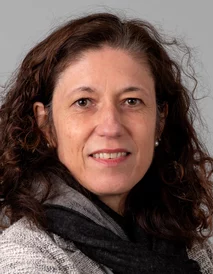Evidence in Witchcraft Asylum Cases - Secretary of State for the Home Department v Meli [2002]
by Katia Bianchini
Question(s) at stake
Whether the adjudicator was correct to grant refugee status to the respondent based on the finding that (1) the respondent was at risk of persecution due to his religious beliefs, and (2) the evidence presented supported the claim that the risk of persecution would be greater upon his return to Cameroon.
Outcome of the ruling
The decision of the adjudicator granting refugee status to the respondent was incorrect: persecution, in this case, was not on account of any protected ground of the Refugee Convention and the evidence presented did not support the claim that the risk of persecution would be greater upon return.
Country:
United Kingdom
Official citation
Secretary of State for the Home Department v Meli [2002] UKIAT 06977
Topic(s)
Keywords:
Asylum seeker
Grounds/Reasons of persecution
Membership of a particular social group
Refugee status
Religion or belief
Internal relocation alternative
Tag(s):
Witchcraft
Bibliographic information
Bianchini, Katia (2024):
Evidence in Witchcraft Asylum Cases - Secretary of State for the Home Department v Meli [2002],
Department of Law and Anthropology, Max Planck Institute for Social Anthropology, Halle (Saale), Germany,
CUREDI013UK005,
https://doi.org/10.48509/CUREDI013UK005.
About the authors
Katia Bianchini (Max Planck Institute for Social Anthropology, Department Law and Anthropology, Germany)


Katia Bianchini is a Research Fellow of the Law and Anthropology Department of the Max Planck Institute for Social Anthropology in Halle. She holds a law degree from the University of Pavia (Italy), an LL.M. in Comparative Laws from the University of San Diego (California, USA), and a Ph.D. in Law from the University of York (UK). Her doctoral thesis provided an empirical and legal analysis of how the 1954 UN Convention relating to the Status of Stateless Persons is implemented in ten EU states. She has also worked as a Post-Doctoral Researcher at the Max Planck Institute for the Study of Religious and Ethnic Diversity (Göttingen). Before engaging in research, she practised immigration and refugee law for ten years in the UK and the USA.
Bianchini has published in the field of refugee law, statelessness, and the rule of law in the context of sea migration. Her current research builds on her expertise in human rights and Italian law and looks at the treatment of deceased sea migrants in the South of Italy.
